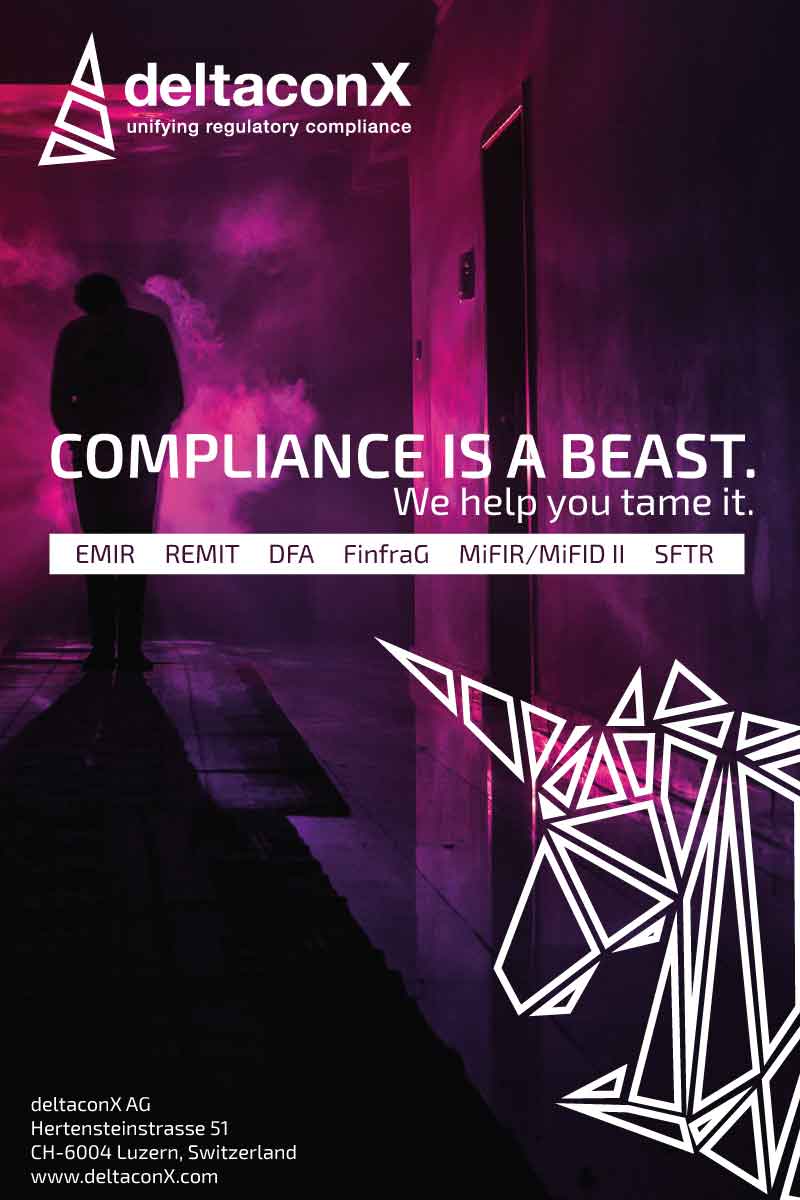Blockchain technologies progressing faster than expected finds LineData survey
28 June 2022 UK
 Image: flashmovie
Image: flashmovie
Asset managers are diving into the rapidly evolving world of blockchain technologies, and are progressing faster than expected, according to a new survey report by LineData, in association with waterstechnology, a market technology information provider.
In the survey, LineData details how close asset managers are to offering crypto-focused products and strategies, and how they are managing the investment process. It also highlights the extent to which asset managers have embraced decentralised finance (DeFi) in their investment operations.
LineData found that 51 per cent of firms surveyed said they are taking active steps towards offering crypto assets, while seven per cent are already offering products in this space.
Concerning operational preparedness for crypto-asset investing, seven out of 10 firms surveyed said they are actively responding to the challenge of operational preparedness to support crypto-asset investing, while 21 percent are “fully prepared” and “ahead of the curve”, as crypto-asset investing is a priority for the business.
53 per cent of surveyed firms are actively reviewing or participating in initiatives using these technologies to change their operational businesses. 16 percent are actively testing or using these technologies as part of their operations.
The survey also found that a lack of standardisation in settlement is still a challenge in the remit of digital assets.
LineDate said: “Since every custodian and exchange is different, one of the questions facing the industry is how to build best practices for settlement in digital assets. With the continued scams and hacks targeted at crypto markets, other custody issues must also be addressed.
“As well as launching their own digital asset platforms, custodian and speciality banks have now launched initiatives to educate asset managers on how to safekeep digital assets.”
Expanding on this, Gary Brackenridge, global head of asset management at Linedata, said: “The main question for asset managers will be how to select providers and how many they need.”
Concerning compliance, LineData said in the survey report that “the world is now at a legal and regulatory tipping point, and lawmakers and regulators worldwide are scrambling to identify and address the many risks, and come up with ways to regulate crypto”.
“Their challenge is to find a balance between supporting the crypto market and preventing crime and financial instability,” LineData added.
LineData also alluded to the current sanctions on Russia following the invasion of Ukraine in February 2022, which it said has “heightened the pressure on crypto exchanges and trading firms to align with the global financial system and the need for more regulation.”
Though it added: “This may be at odds with the underlying philosophy of DeFi, and experts warn that the West could be left behind in this global market.”
The data firm added: “The concern is that traditional asset managers — predominantly in the US and UK — could lose to crypto natives and new financial hubs if lawmakers do not find a balance. Currently, US regulators are fighting over who has jurisdiction over this market.”
The survey sought the views of firms from the three regions where crypto is most developed.
Almost half of respondents were based in North America (46 per cent), with a “fairly even” split among respondents from Asia-Pacific and Europe.
In the survey, LineData details how close asset managers are to offering crypto-focused products and strategies, and how they are managing the investment process. It also highlights the extent to which asset managers have embraced decentralised finance (DeFi) in their investment operations.
LineData found that 51 per cent of firms surveyed said they are taking active steps towards offering crypto assets, while seven per cent are already offering products in this space.
Concerning operational preparedness for crypto-asset investing, seven out of 10 firms surveyed said they are actively responding to the challenge of operational preparedness to support crypto-asset investing, while 21 percent are “fully prepared” and “ahead of the curve”, as crypto-asset investing is a priority for the business.
53 per cent of surveyed firms are actively reviewing or participating in initiatives using these technologies to change their operational businesses. 16 percent are actively testing or using these technologies as part of their operations.
The survey also found that a lack of standardisation in settlement is still a challenge in the remit of digital assets.
LineDate said: “Since every custodian and exchange is different, one of the questions facing the industry is how to build best practices for settlement in digital assets. With the continued scams and hacks targeted at crypto markets, other custody issues must also be addressed.
“As well as launching their own digital asset platforms, custodian and speciality banks have now launched initiatives to educate asset managers on how to safekeep digital assets.”
Expanding on this, Gary Brackenridge, global head of asset management at Linedata, said: “The main question for asset managers will be how to select providers and how many they need.”
Concerning compliance, LineData said in the survey report that “the world is now at a legal and regulatory tipping point, and lawmakers and regulators worldwide are scrambling to identify and address the many risks, and come up with ways to regulate crypto”.
“Their challenge is to find a balance between supporting the crypto market and preventing crime and financial instability,” LineData added.
LineData also alluded to the current sanctions on Russia following the invasion of Ukraine in February 2022, which it said has “heightened the pressure on crypto exchanges and trading firms to align with the global financial system and the need for more regulation.”
Though it added: “This may be at odds with the underlying philosophy of DeFi, and experts warn that the West could be left behind in this global market.”
The data firm added: “The concern is that traditional asset managers — predominantly in the US and UK — could lose to crypto natives and new financial hubs if lawmakers do not find a balance. Currently, US regulators are fighting over who has jurisdiction over this market.”
The survey sought the views of firms from the three regions where crypto is most developed.
Almost half of respondents were based in North America (46 per cent), with a “fairly even” split among respondents from Asia-Pacific and Europe.
NO FEE, NO RISK
100% ON RETURNS If you invest in only one asset servicing news source this year, make sure it is your free subscription to Asset Servicing Times
100% ON RETURNS If you invest in only one asset servicing news source this year, make sure it is your free subscription to Asset Servicing Times



